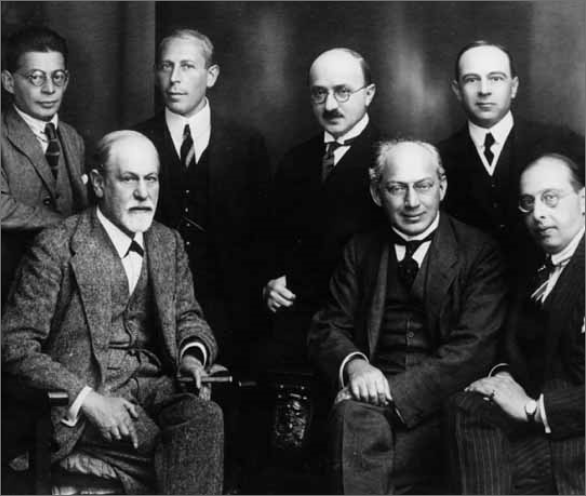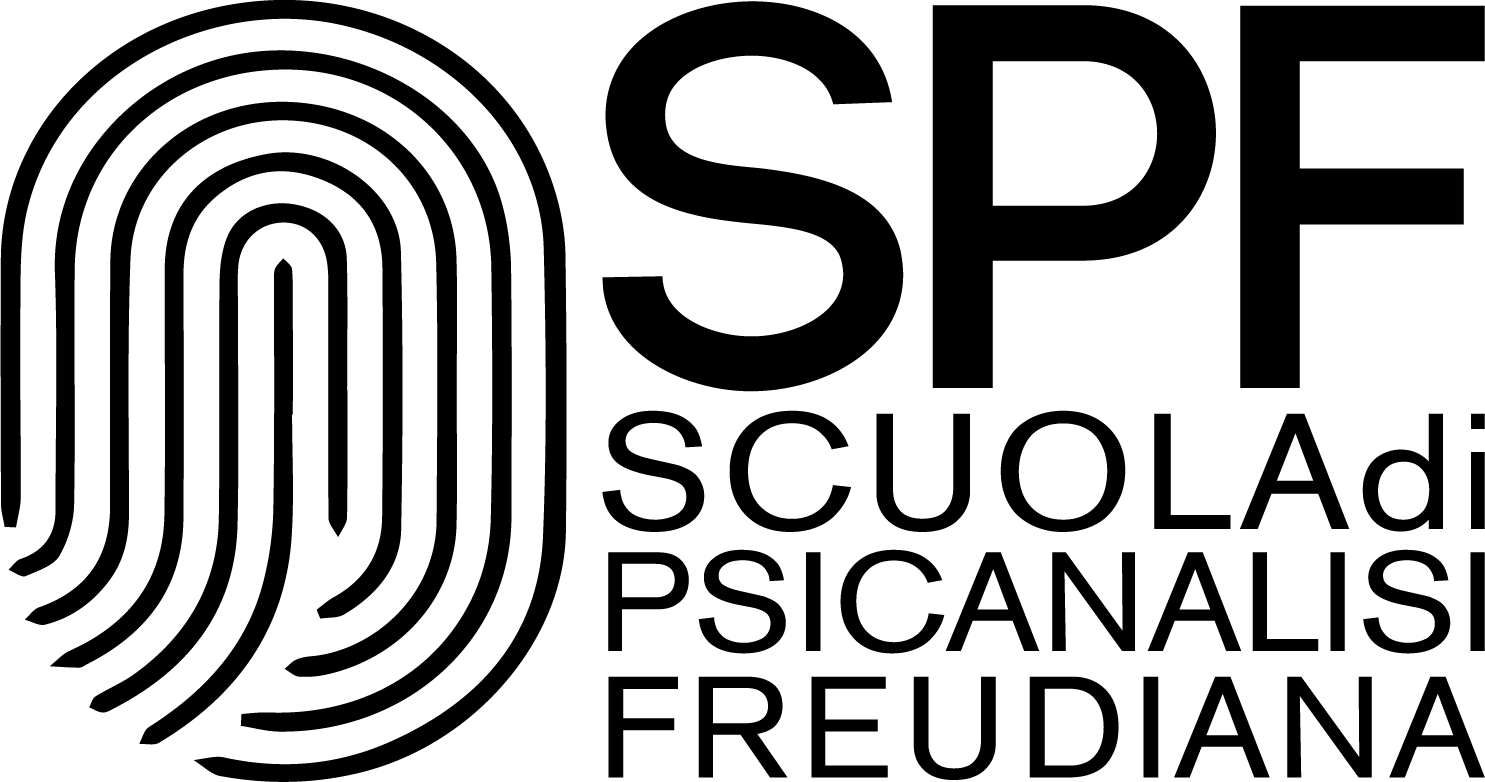The training process for a psychoanalyst in the School of Freudian Psychoanalysis comprises of:
1 - Curriculum on the fundamentals of Freud’s work (First-level training):
Educational experience has shown us that what is most valuable today is not to provide mere notions, but to create the conditions that enable the student to develop an autonomous critical approach to studies. This is why the targeted reading of a selection of Freudian writings and the discussion of the same, enriched with suggestions for further study, will serve to build a cognitive hierarchy that opens the way to a profound and real understanding of the psychoanalytic discipline on a theoretical, clinical and methodological level.
2 - Interdisciplinary Modules
Modules dealing with psychoanalysis in relation to other disciplines.
- Philosophy
FIL_01 Why choose a transcendental epistemology in psychology?
FIL_02 Doing what one wants to do within a deterministic framework: Freud’s theory of free will
- Literature
LET_01 The father complex in literature: a meta-psychological investigation
3 - Bespoke training
Training tailored to each candidate’s own didactic preferences. Candidates are supervised by one or more members of the School with whom to discuss research matters.
4 - Second-level training – the Seminar
In the Seminar, which takes place fortnightly, candidates have the opportunity to gain knowledge of the new research trends in the School and in fields related to psychoanalysis. The Seminar focuses on one theme over the academic year, and it is coordinated by the Scientific Committee. External researchers collaborating with the School or who anyhow conduct research relevant to psychoanalysis are occasionally invited. Candidates also have the opportunity to present their research and have it assessed during the Seminar, prior to the approval of the Scientific Committee. Ultimately, the Seminar has been conceived of as continual refresher training for psychoanalysts.
Seminar 2020/21: Transference
Seminar 2021/22: Metapsychology of the clinical treatment
Seminar 2022/23: Freud with Kant between gnoseology and ethics
Seminar 2023/24: Freud is not what they say he is
5 - Analytic training
Alongside studying, the School requires – for precautionary reasons amply justified by psychoanalytic theory – that candidates undergo personal training analysis with one analyst of their choice in the School.
6 - Discussion of clinical cases
When candidates demonstrate the knowledge and psychological stability needed to be a good psychoanalyst, they will be encouraged and supported to practice. For some time, candidates will have to discuss their clinical cases in the clinical seminar with at least one senior and experienced psychoanalyst on a regular basis, in order to acquire the best technical and clinical skills.
In addition to the above, active participation in the public initiatives of the School, such as events, conferences, study groups and editorial initiatives, is recommended.
All in all, the training process in our School features the most grounded and rigorous aspects of the traditional training process in psychoanalysis.
“[…] everyone who wishes to carry out analyses on other people shall first himself undergo an analysis by someone with expert knowledge. Anyone who takes up the work seriously should choose this course, which offers more than one advantage; the sacrifice involved in laying oneself open to another person without being driven to it by illness is amply rewarded.
[…] Anyone who can appreciate the high value of the self-knowledge and increase in self-control thus acquired will […] be content to realize that, within himself as well as in the external world, he must always expect to find something new. But anyone who has scorned to take the precaution of being analysed himself will not merely be punished by being incapable of learning more than a certain amount from his patients, he will risk a more serious danger and one which may become a danger to others. He will easily fall into the temptation of projecting outwards some of the peculiarities of his own personality, which he has dimly perceived, into the field of science, as a theory having universal validity; he will bring the psychoanalytic method into discredit, and lead the inexperienced astray.”
Sigmund Freud. 1913-14, Papers on Technique

